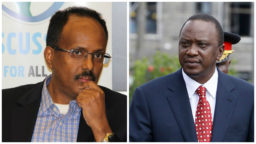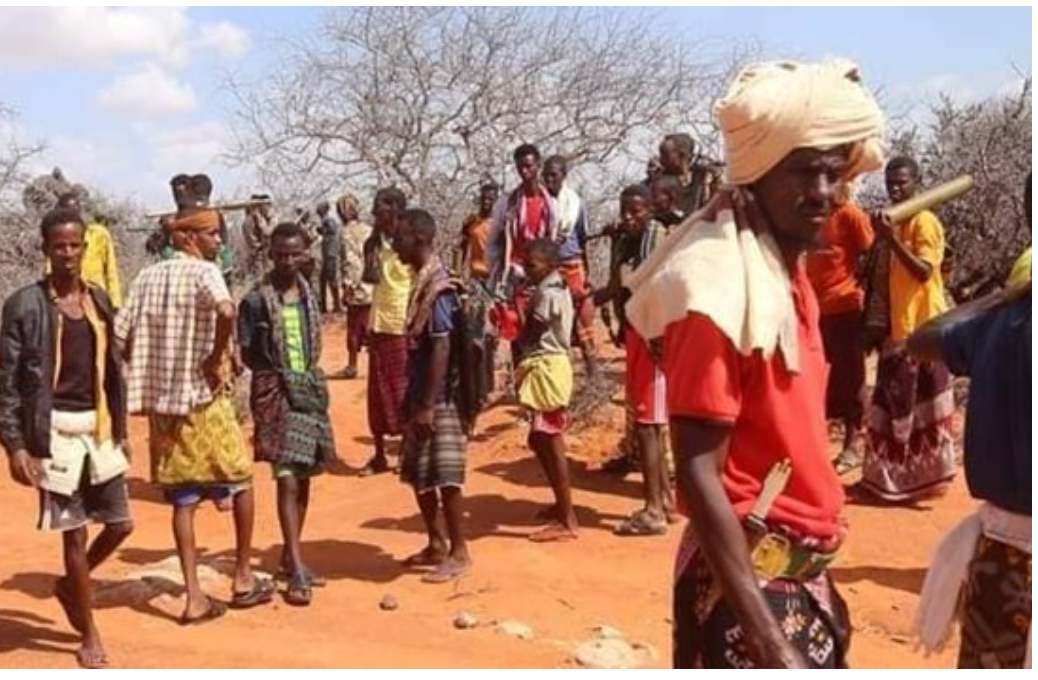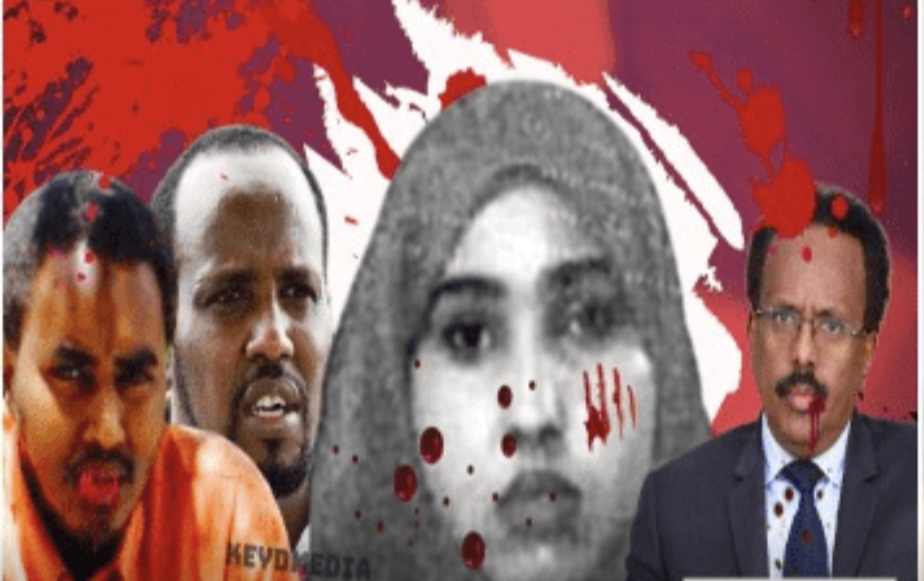Share the post "Farmajo must not Sacrifice Old Relations for Short-term Political gain"
Somali President Mr.Farmaajo this week reached a decisive move to cut diplomatic relations with Kenya in an ultimate protest against alleged interference in the country’s internal affairs….
From the outset, it appeared Farmajo had beef with Kenya on two counts; one in Jubaland where the Kenya Defence forces [KDF] contingent serves in the African Union Mission in Somalia [AMISOM], and for hosting Somaliland leader Muse Bihi in Nairobi.
Essentially, Somalia as a sovereign state retains the right to protest when it feels any of its parts is being interfered with. But critics have rushed to question whether this severance of diplomatic ties was genuine at all.
In Nairobi, Kenya and Somaliland agreed on direct flights and Nairobi to open a consulate in Hargeisa. Kenya wouldn’t be the first country to do so, Ethiopia and Djibouti all have representative offices there and you can hop on a direct flight from each of their capitals to Hargeisa.
In fact, our sources confirmed that Mogadishu had granted permission to Nairobi to go ahead with setting up a diplomatic outpost in Somaliland, before using the Bihi occasion in Kenya.
It is possible that Kenya’s intention in Somaliland is to deepen business ties, just as any other country could do. And officials in Nairobi have clarified they neither accorded Bihi full presidential accolades nor recognized Somaliland as independent of Somalia.
The optics around the Somalia-Somaliland issue, however, are sensitive and Kenyan officials should have known that before arranging this visit during heated campaigns in Somalia.
Considered a part of Somalia, Somaliland has run its own affairs mostly since 1991. Yet there are still unfinished, even undiscussed, issues between Mogadishu and Hargeisa. Most discussions on the future of Somaliland have ended in a stalemate as either side refuses to compromise on their positions.
Whether Somaliland eventually separates from Somalia, may not be within the purview of Kenya to decide as there are legal channels to be followed. But hosting Bihi in Kenya may have provided Farmajo with political ammunition to flex his muscle and certainly frustrate his opponents, some seen as allies of Kenya.
But it would be unwise for Farmajo to think that cutting diplomatic ties can resolve anything. Granted, the sticking issue of the future of Somaliland remains the elephant in the room. Farmajo’s administration has also, largely, been a failure when it comes to attaining set goals.
When he came to power, Farmajo promised to tame Al-Shabaab, provide national security sufficient to organize universal suffrage, and ensure a complete constitutional review for the country’s supreme law. He missed all.
Politically, a compromise reached in September between his government and the Federal Member States, sort of lifted the burden of blame on him and ensured that leaders find what workers in the meantime.
Yet even this final bit has been problematic to achieve. Since October, the country has only appointed polling officials whose selection has been controversial still. Selection of delegates, training, logistical and security planning for elections as well as the voting for MPs has sorely been delayed. These are failures the President and his team must address.
This is why we think blaming Kenya for interference when the country has failed on its own set goals seems diversionary. Kenya and Somalia are tied by cultural and historic bonds.
Its people speak a common language, may be related by blood, and have friendships built over business or schooling. We certainly do not condone external manipulation of any kind by any country and all countries involved should be condemned.
But it is likely that such close interactions will have frictions. Somalia will find no solution whining in the media or releasing statements at 1 in the morning, Addressing disagreements must always, first of all, be through dialogue and diplomacy.




